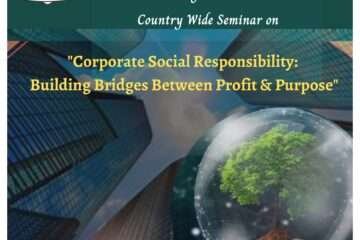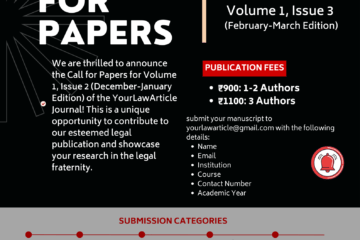| CASE NAME | Society For Un-Aided Private Schools of Rajasthan Vs Union of India and Anr. (20012) |
| EQUIVALENT CITATION | (2012) 6 SCC |
| CASE NUMBER | Writ Petition (c) No. 95 of 2010 |
| DATE OF JUDGEMENT | 12th April, 2012 |
| COURT | Supreme Court of India |
| PETITIONER | Society For Un-Aided Private Schools of Rajasthan |
| RESPONDENT | Union of India and Anr. |
| BENCH | S.H. Kapadia, K.S. Radhakrishnan, Swatanter Kumar |
FACTS OF THE CASE:
In 2013, the Rajasthan High Court heard this matter for the first time, and the honorable high court upheld the Act’s constitutional legality.
- According to Section 12 (1)(C) of the Right to Education Act of 2009, every class must contain at least one-fourth students from economically disadvantaged classes.
- Private, independent schools are required to offer free, compulsory education.
- The Right to Education Act of 2009’s Section 12(1)(C) was challenged by the society for Un-aided Private Schools of Rajasthan.
- They claimed that this clause contravenes Article 19(1)(g), which expressly stipulates that people have the right to engage in any profession or occupation without interference from the government.
ISSUES:
Issues raised questioning the constitutionality of the Right to Education Act, 2009 are:
- Whether Section 12 (1)(C) of the Right to Education Act of 2009 violates the Art 19(1) (g) of constitution?
- Imposing Restrictions on private, unaided schools for minority Groups violates the Article 30 of Constitution?
CONTENTION ON BEHALF OF PETITIONER:
- The petitioner claimed that Article 19(1)(g) of the Constitution’s Right to Freedom of Occupation was violated by Section 12(1)(C) of the Right to Education Act of 2009.
- The petitioner contended that the restriction is against the right to equality guaranteed by Article 14 of the Constitution because it only applies to private institutions, not public ones.
- The petitioner argued that since there is no government reimbursement, it is extremely difficult to offer free and compulsory education to economically disadvantaged classes.
CONTENTION ON BEHALF OF RESPONDENT:
- The respondent’s legal counsel argued that even though the government does not reimburse them, they have to carry out their duties since, in the end, they are performing public duties.
- The respondents argued that private schools were not allowed to discriminate against any students based on their caste or religion and had to reserve seats for them.
- Respondents argued that the way private schools raised their fee rates gave the impression that education was now becoming a business.
JUDGEMENT:
The Right to Education Act of 2009 was upheld as constitutional by the Supreme Court’s three-judge panel, which included Chief Justice S.H. Kapadia, Justices Swatanter Kumar and K.S. Radhakrishnan. Justice K.S. Radhakrishnan issued a different decision in that case.
- The Supreme Court ruled that unaided private schools are not required to adhere to the reservation policy if the government is not providing any financial aid.
- In addition, the court ruled that everyone in society must have access to education and that this reservation policy will help achieve that goal.
- The court also ruled that although private schools are allowed to determine their own tuition, there must be reasonable limitations on this right.
- According to the Supreme Court’s decision, Section 12(1)(C) of the Right to Education Act of 2009 is constitutional and does not violate Art. 19(1)(g).
CONCLUSION:
This case is one of the finest landmark judgments on the Right to Education Act (RTE). In this case, the Supreme Court issued a Reasoned Decision after considering both sides, concluding that the government should reimburse unaided schools while also requiring unaided schools to fulfil the regulations. The case’s overall goal is to provide free and compulsory education to economically, religiously, and caste-backward students from unaided schools.
This article is written by Smrithin Maturi of ICFAI Law School an intern under Legal Vidhiya.




0 Comments